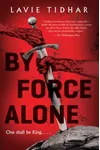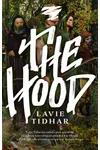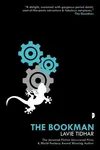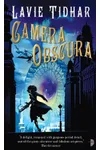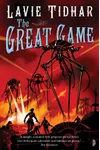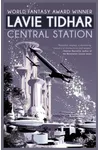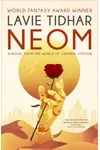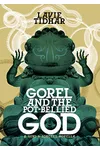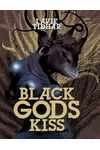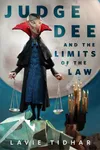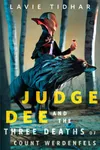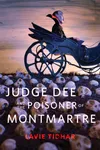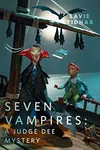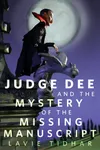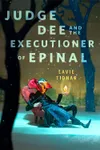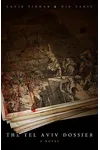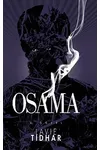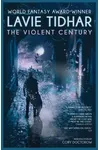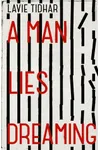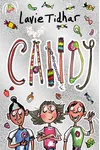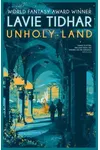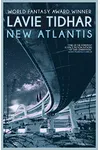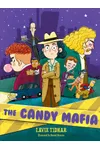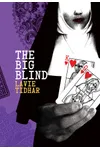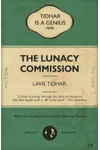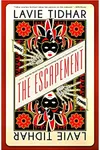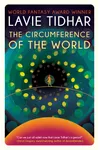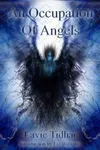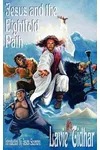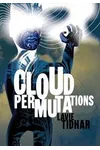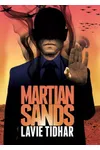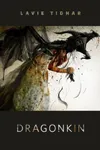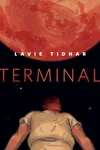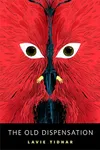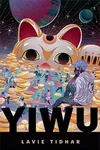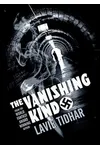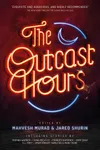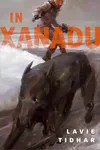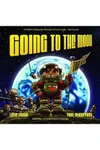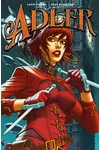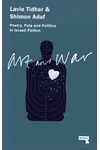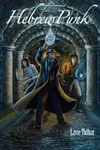Picture an Israeli storyteller who weaves alternate histories and mind-bending sci-fi into tales that captivate the globe—meet Lavie Tidhar! Born on a kibbutz and now calling London home, Tidhar’s genre-blending novels like Osama and Central Station have earned him World Fantasy and Campbell Awards, plus comparisons to Philip K. Dick and Kurt Vonnegut. His nomadic life and love for speculative fiction fuel stories that challenge reality and spark wonder.
The Making of Lavie Tidhar
Born November 16, 1976, on Dalia kibbutz in Israel’s rural north, Lavie Tidhar grew up surrounded by communal ideals and open skies. By 15, he was a globetrotter, living in South Africa, Laos, Vanuatu, and beyond. Science fiction became his escape, with influences like Philip K. Dick and Cordwainer Smith shaping his imaginative lens. Tidhar started with Hebrew poetry in 1998 but soon pivoted to fiction, publishing short stories and editing The Apex Book of World SF to champion global voices.
Lavie Tidhar’s Unforgettable Stories
Tidhar’s novels defy easy categorization, blending sci-fi, fantasy, noir, and alternate history with a poetic touch. Osama (2011), a World Fantasy Award winner, reimagines a world without modern terrorism through a pulp detective lens, echoing Dick’s The Man in the High Castle. Central Station (2016), a Campbell Award-winning mosaic, paints a vibrant future Tel Aviv where cultures and technologies collide. Unholy Land (2018) explores alternate Jewish homelands, weaving Zionist history with time-bending intrigue. His Anti-Matter of Britain Quartet, starting with By Force Alone (2020), reworks Arthurian legend as a gritty, satirical gangster saga. Tidhar’s style—layered, humane, and often darkly funny—creates worlds that feel both alien and deeply personal.
His short stories, like those in The Best of World SF anthologies, showcase his knack for diverse voices, while novels like Maror (2022) dive into nonfantastic historical fiction, chronicling Israel’s early days. Whether exploring Holocaust legacies in A Man Lies Dreaming or Martian colonization in Martian Sands, Tidhar’s work probes identity, history, and humanity’s future.
Why Lavie Tidhar Matters
Lavie Tidhar’s impact lies in his fearless genre-blending and global perspective. By fusing Israeli history, Jewish identity, and universal themes, he’s expanded speculative fiction’s boundaries, earning praise from authors like Ian McDonald and Silvia Moreno-Garcia. His editing of The Best of World SF has amplified international sci-fi, making the genre more inclusive. Tidhar’s stories, rich with cultural nuance and existential questions, invite readers to rethink reality and embrace the unknown.
- Born: November 16, 1976, Israel
- Key Works: Osama, Central Station, Unholy Land, By Force Alone
- Awards: World Fantasy Award (2012), John W. Campbell Memorial Award (2017), Jerwood Fiction Uncovered Prize (2015)
- Notable Role: Editor, The Best of World SF series
Ready to explore mind-bending worlds? Grab Central Station or Osama and dive into Lavie Tidhar’s genre-defying sci-fi adventures!
